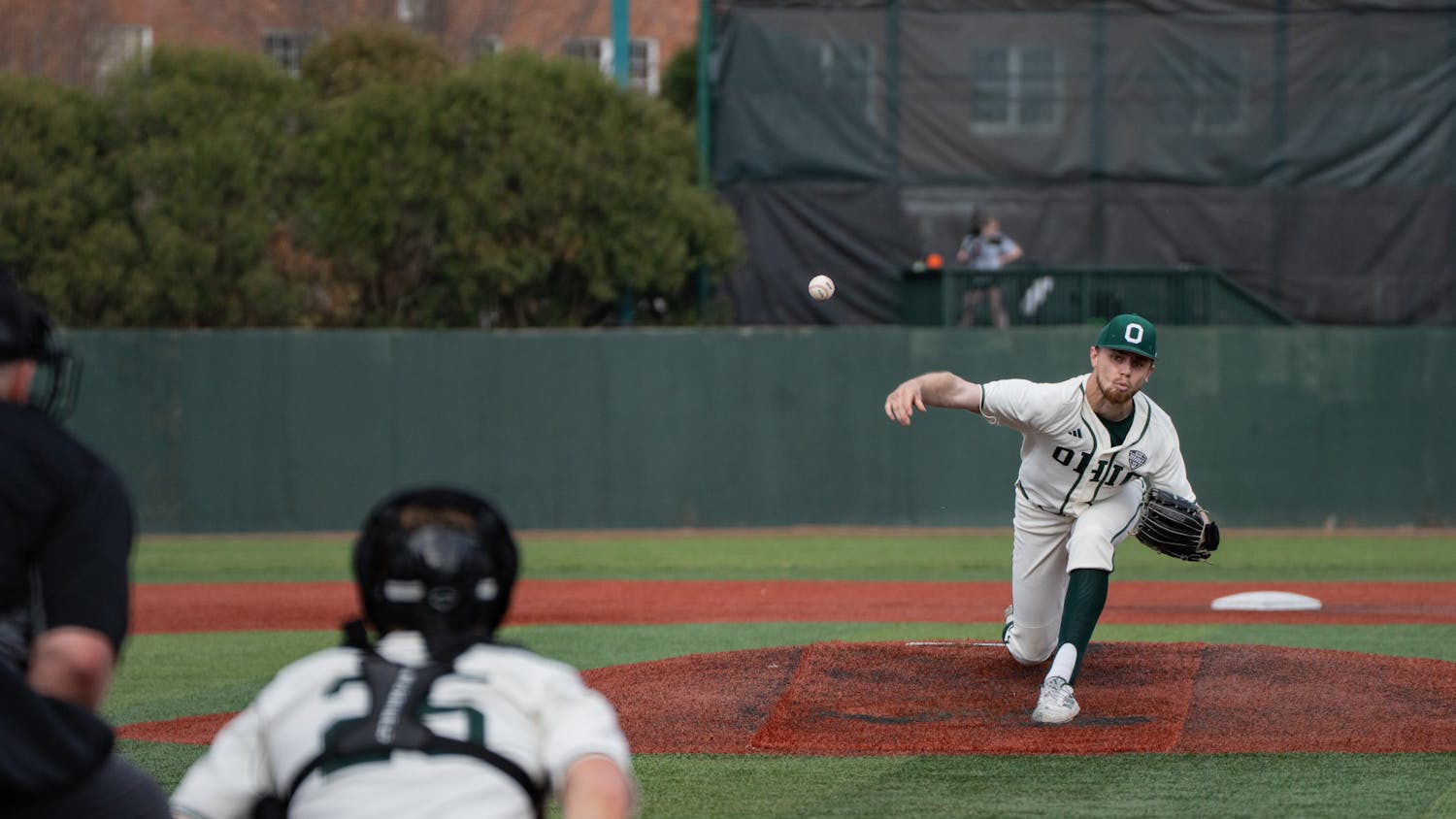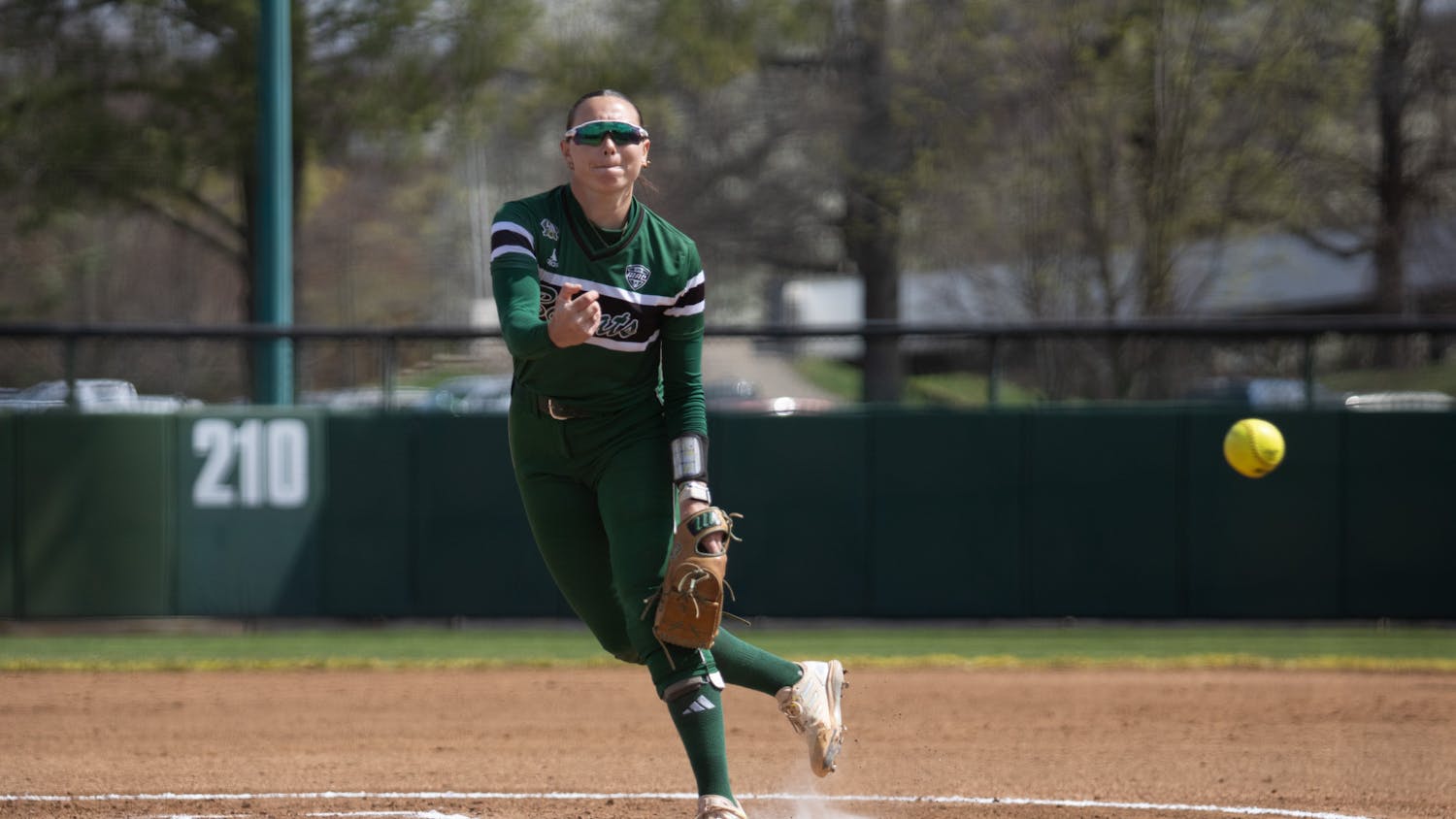Over the last few months, the University of Alabama has become the center of the college basketball world, first for good and then for very bad reasons.
The Crimson Tide are 25-4 this season, on track to be a No.1 seed in the NCAA Tournament, and even ascended to the No.1 spot in the AP poll a couple of weeks ago for the first time in two decades.
It has undeniably been a fantastic season on the court, but off the court, it is a completely different story.
On Jan. 15, Alabama player Darius Miles, who appeared in six games this season, was arrested and charged with capital murder after 23-year-old Jamea Jonae Harris was shot and killed during an argument in Tuscaloosa, Alabama.
Miles is no longer on the team, and in the immediate aftermath, much of the coverage surrounding the story was about the team and the University of Alabama community dealing with the fallout from the tragic incident.
However, things took a dark turn for head coach Nate Oats and the basketball program last week when law enforcement officials stated that the gun used to kill Harris was brought to the scene by another Alabama player, Brandon Miller.
Miller leads the Tide and the Southeastern Conference in scoring at 19.7 points per game, and prior to last week’s news, looked like a surefire All-American and a lottery pick in this summer’s NBA Draft.
After the announcement from law enforcement, Oats made some problematic comments in a press conference, saying that Miller was simply “in the wrong spot at the wrong time” and that he “can’t control everything everybody does outside of practice.”
Oats had an opportunity to show he was taking the situation seriously, but instead, he spoke about Miller as if he had simply been spotted at a college bar as a 19-year-old.
Miller has not been charged with a crime, and it is unclear whether or not he will be. For the purposes of this discussion, that doesn’t really matter.
Whether college or professional, athletes are always held to a higher standard than the law. That is why college athletes can still be punished by the NCAA for positive marijuana tests, even in states where it is legal, and why the league has suspended many NFL players for off-field incidents for which they were never legally found guilty.
Alabama would have been well within its rights to punish Miller by temporarily removing him from the team, at least until the investigation was concluded. Instead, Miller has played in both of Alabama’s games since his involvement became public and has not been punished in any way by the school.
When universities decide not to punish coaches and players for involvement in incidents like what happened at Alabama, I think of a saying often used by college football writer Holly Anderson: “They wanted to, so they did.”
Alabama wanted to make sure Miller continued to play because he is one of the best players in America, so they kept him on the team. It’s as simple as that.
Seeing as Miller has not been charged with a crime, I don’t think Alabama needs to go as far as kicking him off the team permanently, but at the very least, he probably shouldn’t be playing as long as the investigation is still ongoing.
However, I cannot imagine what it is like to have known Harris and watch someone who was involved in her murder not only play basketball on national television but receive a standing ovation from the crowd in Tuscaloosa on Saturday.
To make matters worse, during the player introductions for Saturday’s game, Miller was patted down by one of his teammates. After the game, Oats said this has been going on all season, and he didn’t even notice.
However, at the very least, it is incredibly tone-deaf and stupid to continue the practice after last week’s news and at worst, it is outright malicious.
The bottom line is that every action taken by Miller, Oats, Alabama athletic director Greg Byrne, the basketball program and the University of Alabama shows that they simply do not care. So once again, all that needs to be said is that they did not want to punish Miller or Oats or take any sort of meaningful action, so they didn’t.
Will Cunningham is a senior studying journalism. Please note that the opinions expressed in this column do not represent those of The Post. Want to talk to Will? Tweet him @willocunningham.






